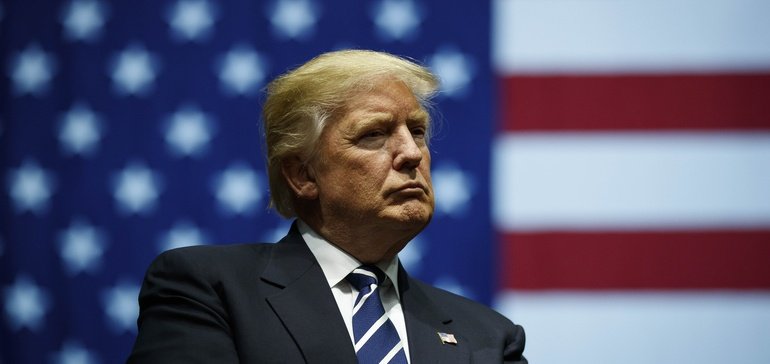Dive Brief:
- The Trump administration on Thursday issued an executive order telling the federal government to buy and give preference to drugs and medical supplies developed and made in the U.S. rather than abroad.
- The order, a reactive move to supply shortfalls exposed by the coronavirus pandemic, would have the Food and Drug Administration compile a list of “essential” medicines that the government would be instructed to procure from American manufacturers.
- Announcement of the new policy follows a surprise plan to loan camera maker Eastman Kodak hundreds of millions of dollars to make drug ingredients, and is part of a broader strategy to lessen U.S. reliance on foreign manufacturers. But the vague nature of the order, and the complexity of the pharmaceutical supply chain, mean its impact and road to implementation are unclear.
Dive Insight:
The pharmaceutical supply chain was under the microscope before the coronavirus pandemic, its frailty and dependence on overseas companies made apparent by drug shortages and contamination concerns.
But the crippling impact of coronavirus’ spread on the U.S. economy exposed further weak links, as hospitals ran short of personal protective equipment, ventilators and vital medicines. While some shortages have now been resolved, the nation’s experience has appeared to make the Trump administration even more eager to bring as much manufacturing back to the U.S. as possible.
During a Thursday speech in Ohio at a washing machine factory, Trump said he had signed an executive order mandating U.S. government agencies to purchase “all essential medicines that we need from American sources.” The text of the order didn’t clarify exactly which medicines are essential, but noted that the “list” of medicines would be determined by the Food and Drug Administration within 90 days.
The directive, however, would apply only to medicines that the government buys directly, which represent a small portion of the drugs used in the U.S.
Notably, the requirement to buy American would not apply when U.S. agency heads determine there aren’t sufficient domestic quantities of the relevant drug to purchase, or when doing so would cause procurement costs to rise by 25%.
Additionally, the order aims to “support advanced manufacturing processes” such as continuous manufacturing, a newer drug production technique that, while common in most sectors, isn’t widely adopted among drugmakers. Another section in the document calls on the Environmental Protection Agency to quickly permit approvals to build new drug manufacturing sites.
The order also includes vague language directing the FDA to hasten reviews or permitting for drugmakers that produce medicines onshore.
Trump claimed, without evidence, the various moves would help lower drug prices in the U.S., a long-held policy goal of his administration that so far has not resulted in any notable downswing in prices for brand-name drugs.
Momentum towards the executive order like the one announced Thursday has been building. In recent months, lawmakers on Capitol Hill have introduced a number of bills aimed at revamping the biopharmaceutical supply chain. The Trump administration, meanwhile, awarded in May an $812 million contract to a little-known drugmaker called Phlow, so it could make ingredients and doses of generic drugs currently manufactured in India and China. Last week, the government signed a letter of intent to loan Eastman Kodak $765 million to fund the company’s pivot into drug manufacturing.
The executive order could put the Trump administration further at odds with the drug industry, though. Last month, Trump announced four directives aimed at lowering drug prices, including an effort to revive a previously proposed plan to tie the cost of drugs in the U.S. to prices overseas. Seemingly calling the president on his pricing pronouncements, pharma executives later rebuffed his request to negotiate a deal at a White House meeting.


